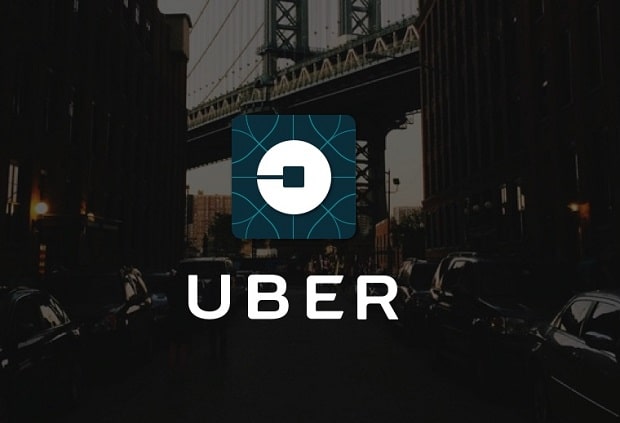
The ruling from Europe’s highest court found that Uber “must be regarded as being inherently linked to a transport service and, accordingly, must be classified as ‘a service in the field of transport’”.
The judgement means that Uber will now be officially recognised as a cab company rather than a technology company. Uber has insisted the outcome of the case will not affect their business.
One implication of the ruling is that the company will now be regulated as transport company, meaning that the rules it is subject to can be set on a country-by-country basis.
In contrast, rules for digital platforms – which the company had argued it was – are set Europe-wide.
An Uber spokesperson said: “This ruling will not change things in most EU countries where we already operate under transportation law… It is appropriate to regulate services such as Uber and so we will continue the dialogue with cities across Europe.”
The ruling says that as a transport service, Uber will be excluded from the scope of the freedom to provide services in general as well as “on services in the internal market and the directive on electronic commerce”.
It goes on to say that despite Uber’s claims to be a mere service provider – linking customers with their ride – Uber should be classified as “a service in the field of transport” rather than “an information society service”.
